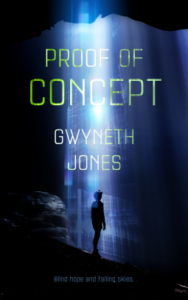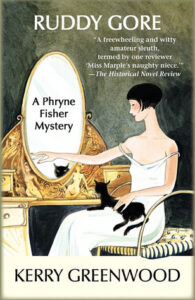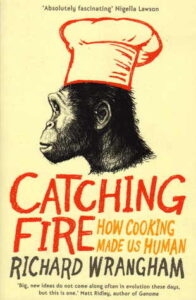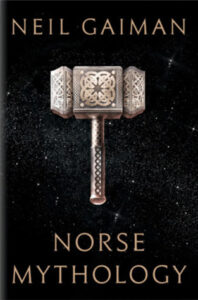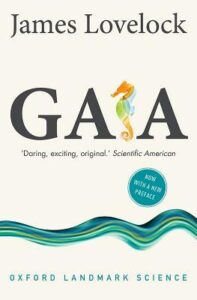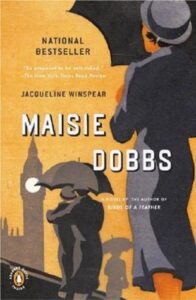 Britain BC, Francis Pryor
Britain BC, Francis Pryor
Having read Francis Pryor’s Seahenge, and of course knowing his work on Channel 4’s Time Team, I was very interested to read this. The prehistory of Britain is mostly not my main period, at least where it applies to the Stone Age, but it is the focus of about half of this book — and of much of Pryor’s interest. That’s fine with me, because though it might not be a period of literature and known culture, it is the period of henges and causewayed enclosures, burial mounds and early humans. It helps that Pryor’s enthusiasm is obvious throughout, and his writing is approachable.
(I can actually understand the people who find it dry — when you’re not that interested in the subject, anything can drag, and Pryor does spend a fair amount of words on flints and the evolution of their form and use. But for me, that enthusiasm carries it.)
His theories and interpretation of the evidence more or less goes along with the other work I’ve read, for example from Mike Parker Pearson, who wrote an excellent book on the conclusions of the Stonehenge Riverside Project. Beyond that, I’m not really qualified to comment, though I do find myself wondering somewhat about his opposition to the idea of any mass migration happening from Europe. The thing is, mass migration must have happened sometime, or there’d be nobody in Britain even now. It’s true that we’re pretty sure now that invasion is the wrong term, and that often the spread of ideas was more important than the spread of people. But there are genetic differences between the Welsh and the English, language doesn’t change as completely as from the Celtic languages to the Anglo-Saxon language without some kind of impetus… I mean, the people in Britain today are not going to adopt French unless there’s suddenly a big need for us to communicate with people speaking French — and that isn’t likely to be talking among ourselves unless there’s a significant presence and intermarriage with French speakers. There’s also the influx of Anglo-Saxon mythology and attitudes; Beowulf is not a native British poem by any means, and there are plenty of parallels between English and Scandinavian languages and culture which don’t exist between the Welsh (for example) and Scandinavia.
So I’m somewhat sceptical about the suggestions in this book that the British have more or less been the same people for such a long period of time. There are definitely things which have survived which point to a closer and less adversarial relationship between the incomers and the residents of Britain, but incomers there must have been.
When it discusses archaeology, it’s probably on safe ground. I’d be less sure when you also need to consider non-physical culture and language.
Rating: 4/5
 Brisk Money, Adam Christopher
Brisk Money, Adam Christopher
